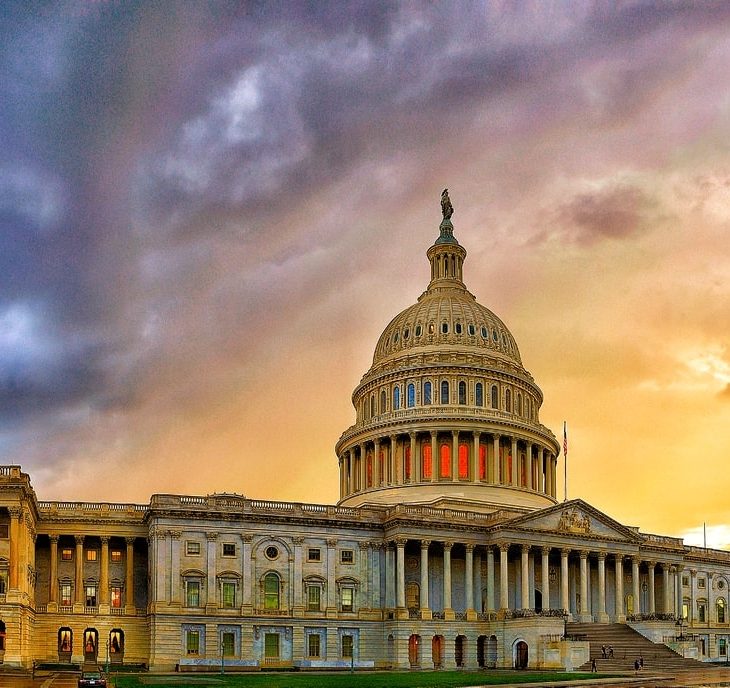Recognize Democracy as a Sacred Project
November 5, 2020

This article was originally published by Greater Good as one of a series of post-election reflections on What Can We Do Now?
To help our nation heal in the wake of the 2020 election, I think the most important thing we can do is to recognize that democracy is a sacred project.
I realize that some people might be uncomfortable linking the religious concept of the sacred with our democratic system of government. But over my 20 years as president of Interfaith Youth Core (IFYC), helping to train emerging leaders in the skills of interfaith dialogue, I’ve seen how religious traditions can have a profound and positive impact on how we show up in civic life. Based on my experience, I believe there are three important ways that seeing democracy as a sacred project can help our nation emerge from this election stronger and more cohesive than we were before.
The first way is that it can help us see every human being as sacred. This is teaching across every major religious tradition—we cherish life because it is sanctified in a spiritual sense. But the way we recognize the sanctity of human life in a democracy is by registering people’s votes and listening to their voices. In our society, as Cornel West likes to say, what love looks like in public is justice. I think what holiness looks in a democracy is welcoming the contributions of a diverse array of citizens.
Throughout our history, great American leaders have used sacred language to talk about America. Abraham Lincoln spoke about the “better angels of our nature.” He called us “an almost chosen people.” When John Winthrop referred to America as a “city upon a hill,” he meant that in a very narrow sense. But Presidents Kennedy and Obama and even Reagan dramatically expanded that concept to mean we’re a nation that welcomes the voices and contributions of everybody.
The second effect of seeing democracy as a sacred project is that it invites repentance. I think there is going to be some repentance after this election, just as there was repentance after Jim Crow and segregation when people like George Wallace sought forgiveness from people like John Lewis. And the great John Lewis said, as a Christian, he was called to forgive Wallace. I think what religious traditions give us is processes of repentance and repair, and opportunities to re-enter the community after a breach or transgression.
The third and final effect of seeing democracy as a sacred project is that it generates processes for redemption and reconciliation. After the court order came down that required the buses in Montgomery to be integrated, Dr. King said he wasn’t focused on anger or revenge. Instead, he said, “The end is reconciliation; the end is redemption; the end is the creation of the beloved community.” And so I think that as we move on from the advocacy for particular political sides during an election season, we have to shift to the idea of reconciliation. Danielle Allen talks about the centrality of “wholeness” in a diverse democracy. She prefers that term to “oneness.” Well, we have been divided in terrible ways these past four years, and we are going to need reconciliation to be whole again.
Eboo Patel is the founder and president of Interfaith Youth Core and author, most recently, of Out of Many Faiths: Religious Diversity and the American Promise.
Share
Related Articles
American Civic Life
Interfaith America Interview
American Civic Life
How Everyday People, and Humility, Give this Policy Maker Hope



